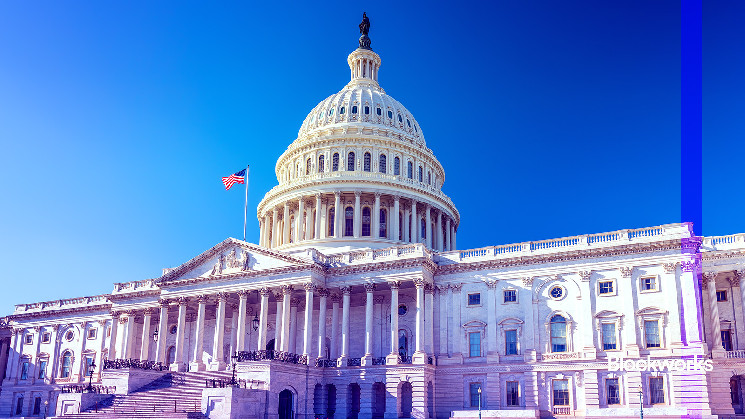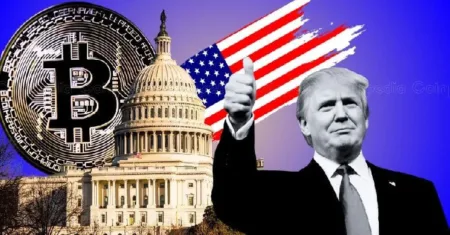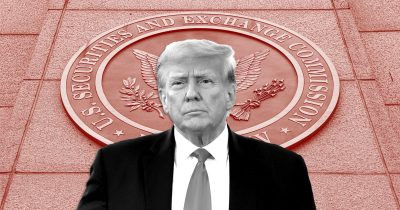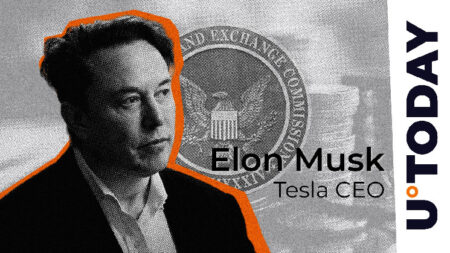The European Union has begun to enforce its Markets in Crypto Assets (MiCA) regulation, with stablecoin provisions now taking effect.
But while this landmark legislation provides crucial safeguarding for consumers and businesses, it also introduces challenging requirements for issuers, such as limits on transactions and strict capital, reserve and redemption requirements.
More than just a step forward in crypto regulation in Europe, MiCA warrants further discussion on ways that other jurisdictions like the United States can build and improve on regulatory requirements.
Crypto sentiment in the US is at an all-time high. With the looming election, both parties are eyeing crypto as a way to demonstrate action and progress. The passage of the Financial Innovation and Technology Act for the 21st Century (FIT21) in the House is a case in point and the product of many conversations asking for greater regulatory clarity.
However, we should not stop here. Perhaps even more so than other jurisdictions, the US must pass stablecoin legislation that addresses the $150 billion global market for dollar-denominated stablecoins.
Many other countries have already recognized the importance of stablecoin legislation: for example, Singapore, the United Kingdom and other countries in the European Union have each enacted some sort of stablecoin regulation. In the US, a bill introduced by Sens. Lummis and Gillibrand in April was the latest attempt at clarity for stablecoins — and with the movement of FIT21, there is still hope that we can get a well-shaped bill across the finish line.
Read more from our opinion section: It’s time to end the SEC’s war on crypto
A lack of stablecoin regulation at the federal level is concerning. Without clear legislation, US stablecoin issuers will continue to be subject to dozens of state money transmitter laws that are neither uniformly designed nor consistently enforced regarding segregation of clients’ funds and the integrity of assets kept in reserve.
Between industry support and precedent from other countries, it is clear that legislation can and should be passed.
Fortunately, industry and policy leaders already agree on many of the components for sound stablecoin regulation, such as robust issuer requirements that prioritize consumer protection. Establishing clear guidelines can better support US businesses and unlock more opportunities for regular people.
The ability of stablecoins to open new paths for payments, cross-border remittances and financial access cannot be overstated — and many of these use cases are already happening. Solutions built using stablecoins today are created with the everyday user in mind, from facilitating bulk disbursements for humanitarian aid to refugees in Ukraine to enabling safe, cashless payments to workers in rural Colombian towns. Stablecoins provide a global digital asset with price stability, enabling swift, low-cost transfers and easy conversion to local currencies, thus addressing critical financial needs in volatile or underserved regions.
These examples may sound distant to the US reality, calling into question whether the US should even bother with stablecoin regulation. But that would be a mistake. Like it or not, more than 95% of stablecoins in circulation are dollar-denominated, putting the US at the center of the stablecoin debate. In practice, stablecoins are a way for people around the globe to hold digital dollars. That’s why Congress must have a say on stablecoin regulation, especially on how dollar-denominated stablecoins are issued and how its backing reserves are held.
For the US to fully realize the benefits of these new technologies, we need Congress to pass a strong legal framework for stablecoins. Doing so is critical to ensure the US leads the stablecoin debate, so that we’re not left watching from the sidelines.
The time for US stablecoin legislation is now. It will benefit consumers, the industry, America’s leadership in financial innovation and ultimately the position of the dollar as the global currency of choice.
Candace Kelly is the Chief Legal and Policy Officer for the Stellar Development Foundation (SDF), a non-profit organization that supports the development and growth of Stellar, an open-source network that connects the world’s financial infrastructure. She leads the team responsible for SDF’s legal affairs and the policy team that is focused on bridging the gap between the public and private sectors. Previously, Candace worked for Uber Technologies, Inc., where she helped navigate the company’s response to regulatory investigations and advised on safety, security, privacy, consumer protection, and law enforcement response. Prior to that she served for 17 years at the United States Department of Justice.
Read the full article here









